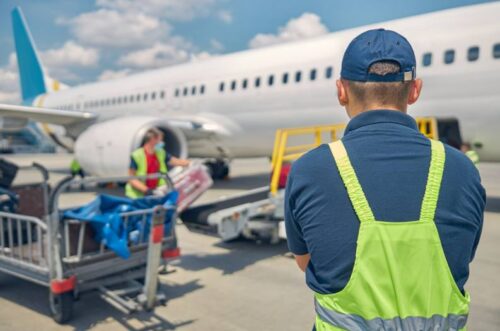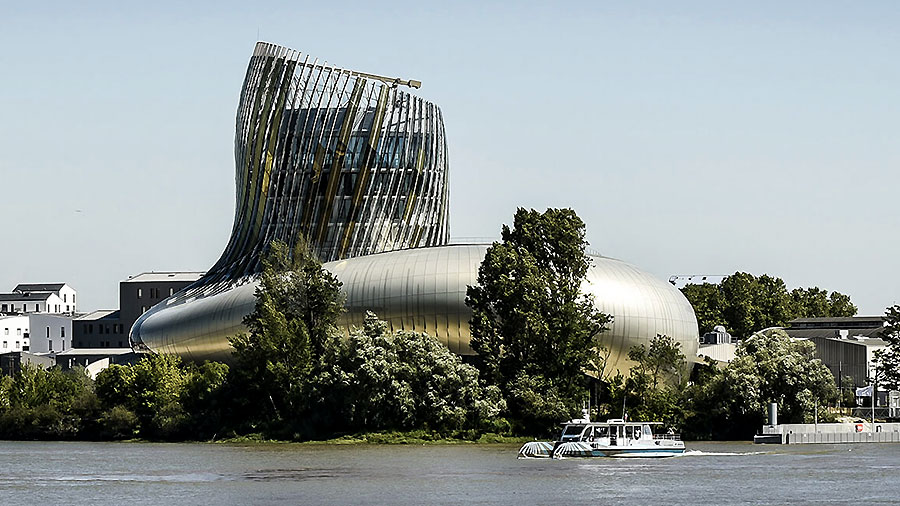Global Travel News
Over a Million Travel and Tourism Jobs Across EU Will Remain Unfilled

The challenging summer labour shortfall has been revealed by WTTC in its latest analysis of the sector and calls for urgent action to address this critical issue.
In 2020, when the pandemic was at its peak, the Travel & Tourism sector across the EU suffered the loss of almost 1.7 million jobs*.
In 2021, when governments began to ease travel restrictions and travellers’ confidence improved, the sector’s direct contribution to the EU’s economy recovered by 30.4% and recovered 571,000 jobs.
This year, WTTC projects that the sector’s recovery will continue to accelerate and almost reach pre-pandemic levels with an expected 32.9% increase in its direct contribution to the EU economy.
Julia Simpson, WTTC President & CEO said: “Europe showed one of the strongest recoveries in 2021, ahead of the global average. However, current shortages of labour can delay this trend and put additional pressure on an already embattled sector.
“Governments and the private sector need to come together to provide the best opportunities for people looking for the great career opportunities that the travel sector offers.”
A serious number of vacancies are likely to remain unfilled during the busy summer period, with travel agencies forecasted to be the worst hit with a 30% shortfall of workers (nearly one in three vacancies unfilled).
Meanwhile, air transport and accommodation segments are likely to suffer one in five unfilled vacancies, representing 21% and 22% staff shortage respectively.
WTTC has been at the forefront of leading the private sector in the drive to rebuild international travel since the pandemic brought international travel to its knees.
ETC has been working with key stakeholders to better coordinate the response measures at the EU level and facilitate travel.
WTTC and ETC have identified six measures that governments and the private sector can implement to address this urgent issue:
• Facilitate labour mobility within countries and across borders and strengthen collaboration at all levels, providing visas and work permits
• Enable flexible and remote working where feasible – particularly if travel restrictions still prevent workers from moving freely across borders
• Ensure decent work, provide social safety nets and highlight career growth opportunities – with work that is safe, fair, productive, and meaningful – to reinforce the attractiveness of the sector as a career choice and retain new talent
• Upskill and reskill talent and offer comprehensive training as well as create – to equip the workforce with new and improved skills
• Create and promote education and apprenticeships – with effective policies, and public-private collaboration, that support educational programs and apprentice-based training
• Adopt innovative technological and digital solutions to improve daily operations, as well as mobility and border security to ensure safe and seamless travel and an enhanced customer experience.
Luis Araujo, ETC President said: “Europe, as the leading and most competitive tourism destination in the world, is committed to becoming the most sustainable one. But the goal of the twin transition (green and digital) will only be achieved if we succeed in attracting and retaining talent for this sector. This is one of the biggest challenges for the sector and needs coordinated, multi-layered and joint (public and private) solutions.”
The two bodies believe that by implementing these measures, Travel & Tourism businesses will be able to attract and retain more workers.
This in turn would enable the sector to meet the ever-growing consumer demand and further speed up its recovery, which is the backbone to generating economic wellbeing across the bloc.












 Cité du Vin
Cité du Vin
 Wine Tourism
Wine Tourism
 Wine Talks
Wine Talks
 France Vineyards
France Vineyards